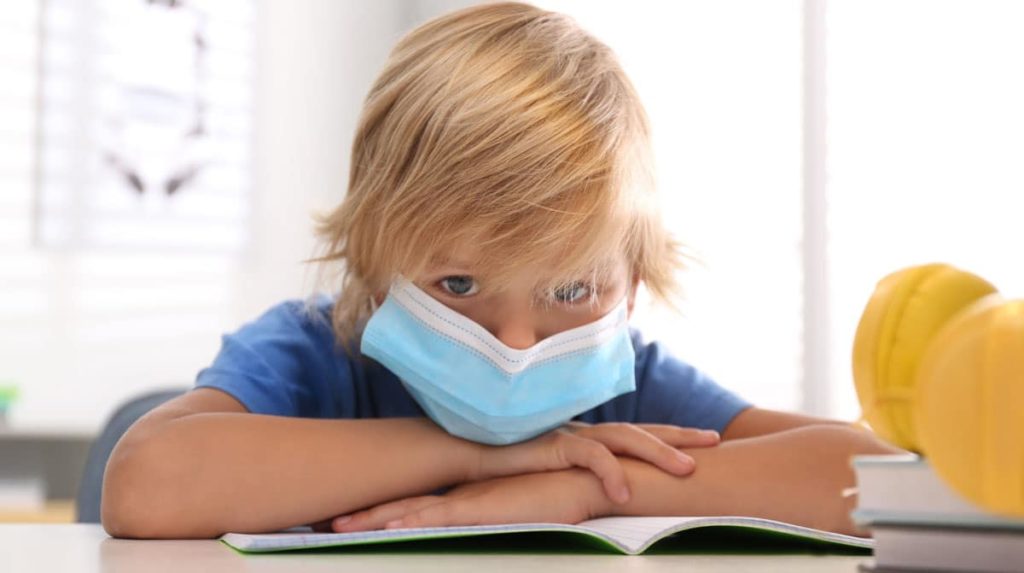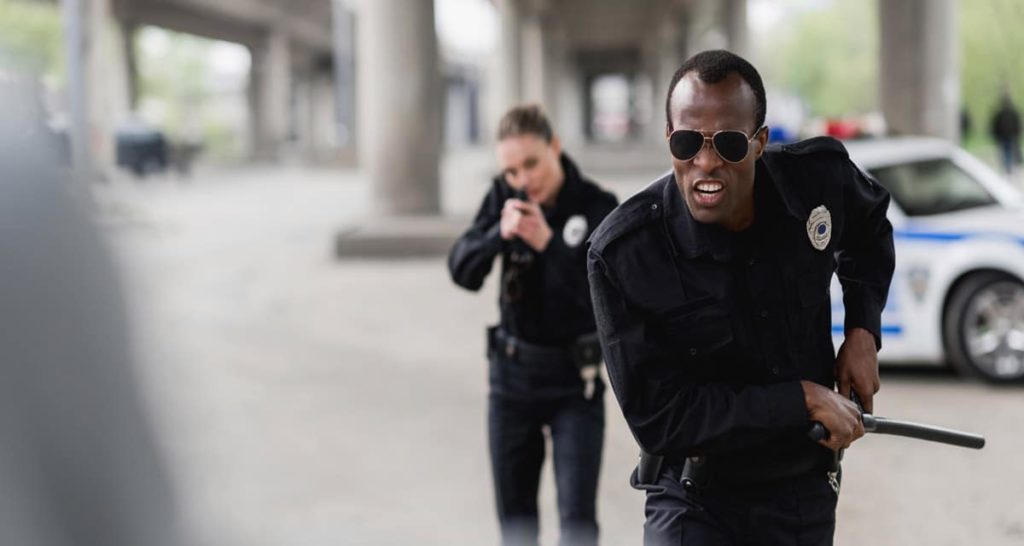The pandemic has been rough on the entire nation, but students have been hit particularly hard. An entire generation of students has faced a serious disruption to their education. While some have had to make the difficult decision of whether to attend school in person or learn remotely, others didn’t have a choice. These children attended school districts where classes were entirely remote through the course of the pandemic.
Families in these school districts were unable to send their children to in-person classes even if they wanted to. That’s why some California parents are fighting back in a groundbreaking personal injury lawsuit. The claim? Schools directly harmed their families and materially damaged their mental health.
The Lawsuit
The lawsuit, which is being filed by anonymous parents against the LA Unified School district and the teacher’s union United Teachers Los Angeles (UTLA), is the first of its kind nationwide. The parents filing the lawsuit have a unique claim. Unlike many personal injury claims, this case focuses on mental and academic harm to students.
The plaintiffs claim that by refusing to reopen the school system to in-person classes, the school district and UTLA have caused students to regress academically and socially. The argument they put forward is that the schools have remained closed for reasons unrelated to safety long after they could and should have re-opened.
UTLA has so far refused to return teachers to schools until several demands are met, including the elimination of charter schools, a cut in police funding, and an increase in funding for housing the homeless. These demands are not directly related to student and teacher health and safety. The question is whether that’s enough grounds for the lawsuit to proceed.
What Counts as Personal Injury?
One of the interesting elements of this case is the framing of school closures as causing personal injuries. A personal injury lawsuit is a specific type of case that requires the plaintiffs to have suffered in verifiable ways. There are four elements that must be present for the court system to a personal injury claim supportable:
- The defendant must have had a duty to the plaintiff that they could reasonably fulfill
- The defendant must have breached that duty in some way
- That breach harmed the plaintiff
- The harm suffered by the plaintiff must have led to monetary damages of some kind
Essentially, a personal injury claim requires the defendant to have been negligent. By failing to fulfill a duty that they could reasonably and safely perform, a defendant like the UTLA might be held liable for any harm and monetary damages done to the people they’re responsible for.
Precedent for Emotional Harm as Personal Injury
The reopening lawsuit may be the first of its kind in the country to accuse schools of harm for failing to reopen. Still, it’s not the first time that brain damage, emotional harm, or academic problems have been the focus of a personal injury lawsuit.
According to Cornell Law School’s Legal Information Institute, personal injury is defined as “an injury not to property, but to the body, mind, or emotions.” Harm does not have to be physical to count for a personal injury lawsuit. Instead, it can be mental anguish or “loss of chance.”
Mental anguish is defined as emotional pain or psychological symptoms caused by the incident. Common types of mental anguish are grief, PTSD, anxiety, or depression. In the case of the lawsuit again UTLA, mental anguish includes the stress on the children and the emotional toll of remaining home for over a year.
Meanwhile, “loss of chance” is the loss of future opportunities. For students who have been forced to remain home, their parents may argue that they’ve lost opportunities to get into colleges or receive scholarships compared to their peers who were able to return to in-person classes.
Schools and Person Injury Lawsuits
Whether the reopening lawsuit succeeds is yet to be seen. Suing public schools is more complex than suing other institutions, but it can be done. Here are some items to consider if you’re considering a personal injury lawsuit against a school.
Watch Out for Sovereign Immunity
Public schools are a part of local government, so in most of California they are covered under “sovereign immunity.” This is a protection offered to government institutions that protects them from getting sued. Any government office or agent is potentially protected from any civil lawsuit filed against them for actions during their normal duties.
Many municipal governments will offer narrow exceptions to sovereign immunity. However, these exceptions put more burdens on the plaintiff. If you’re filing a personal injury lawsuit, you will likely need to prove gross negligence instead of simple negligence. That means you’ll need to explain why the school was very negligent in their actions instead of just proving they had a duty they didn’t complete.
Pay Attention to Deadlines
The strict requirements for suing public institutions apply to more than just the case itself. You’ll also need to follow stricter guidelines to file your lawsuit in the first place.
For example, the statute of limitations gives you a much shorter time frame for suing a government agent for personal injury compared to a private individual. You may also need to turn in extra paperwork such as a notice of claim before you file the lawsuit. Working with an experienced personal injury attorney can help you navigate the complexities of suing any school or public institution.
Fight for Your Children’s Future
Schools should be held accountable when children in their care are harmed. Whether or not the current COVID-19 lawsuit against these school districts succeeds, it’s a sign that parents are stepping up to protect their kids.
Your kids rely on you. You don’t have to wait until other parents make the first move. Stand up for them and fight back if they’ve been injured at school. If your child has been seriously hurt physical or emotionally while at school events, you may have grounds for a personal injury lawsuit. Reach out to an experienced personal injury attorney for a free consultation today to discuss your options.





